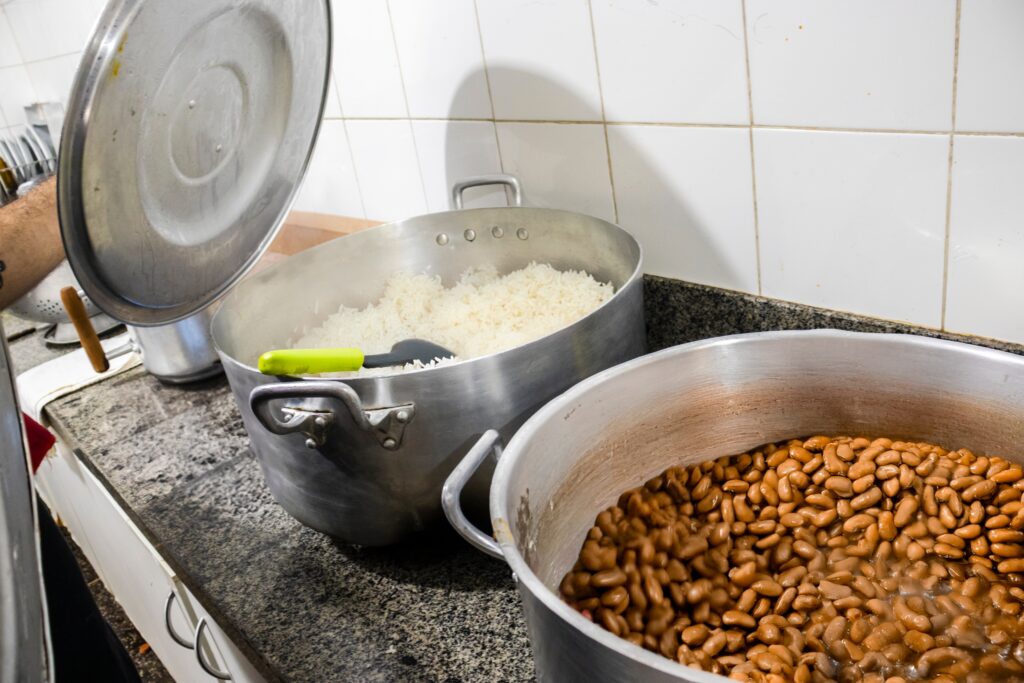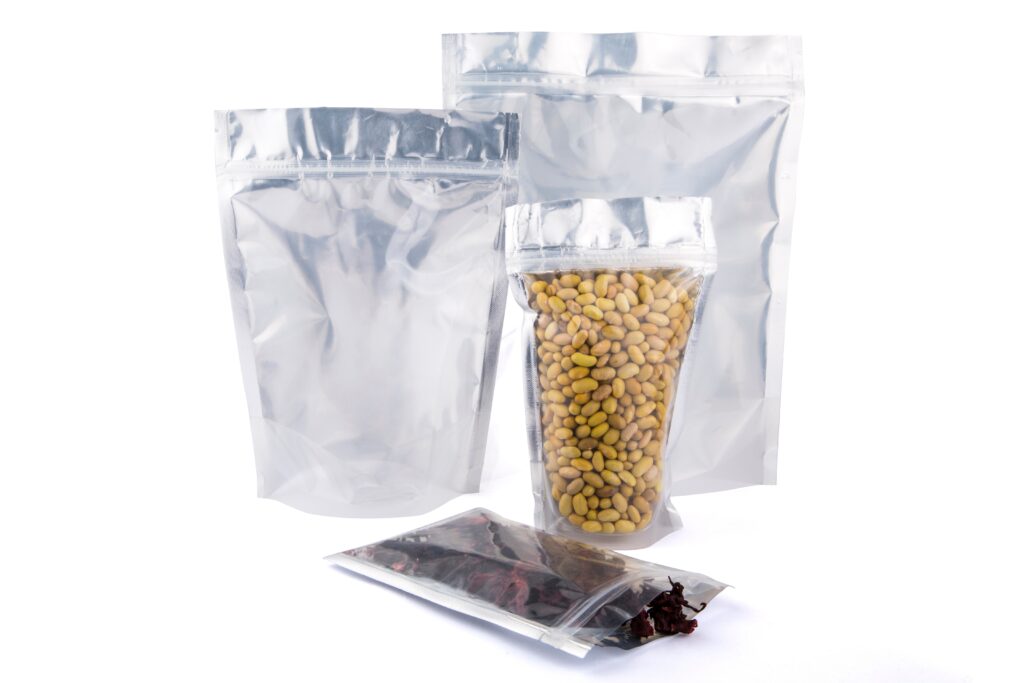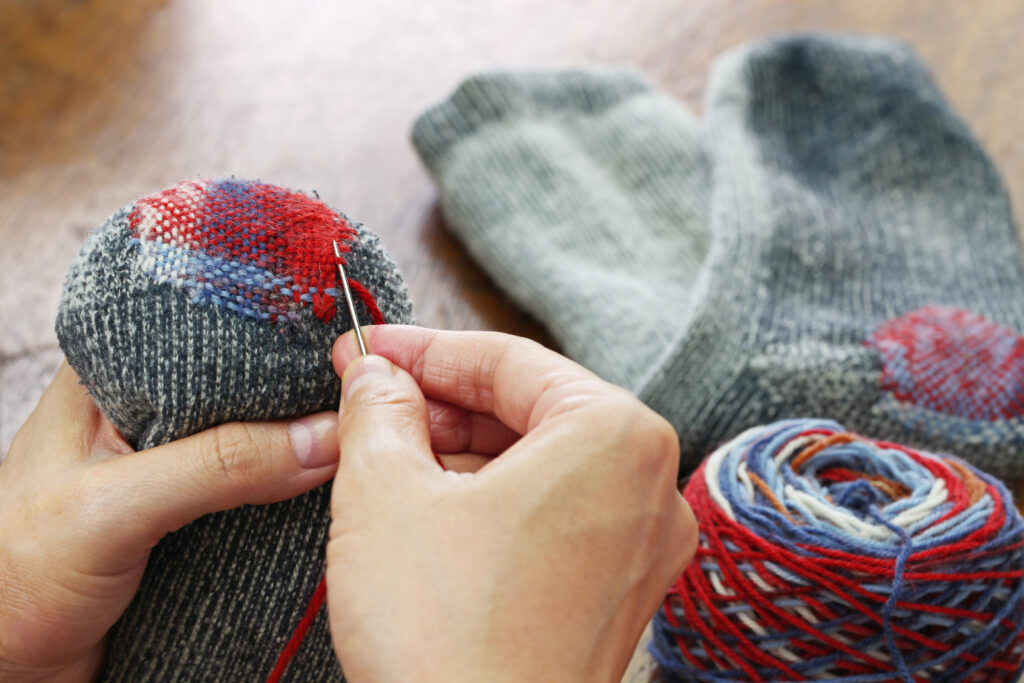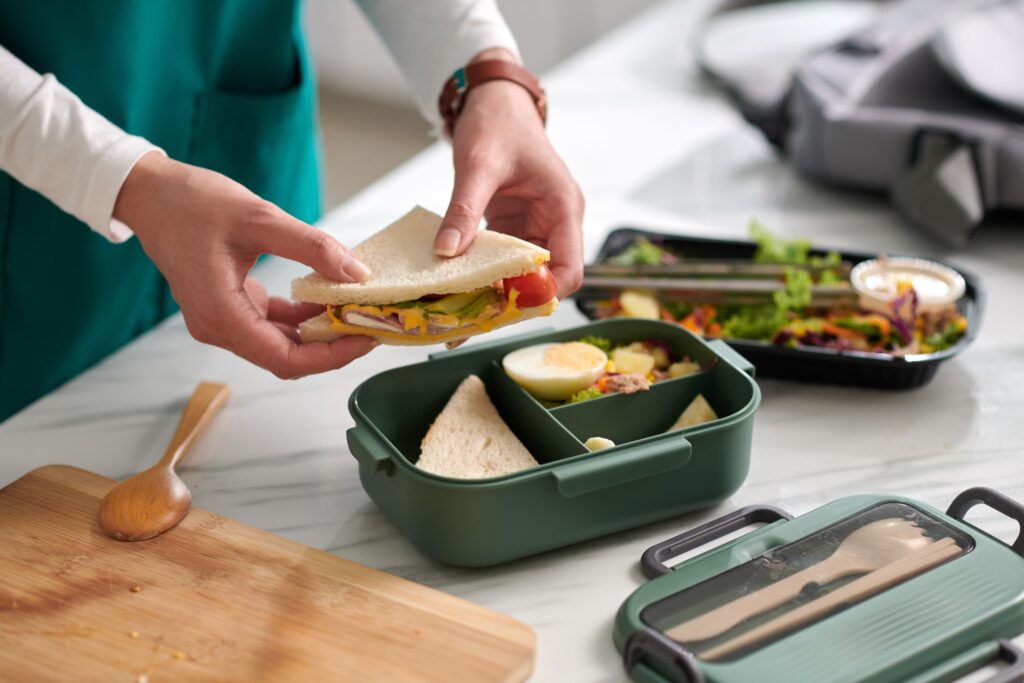15 Frugal Habits People Find Strange (But Totally Work)
Some people go to great lengths to save money, and their habits can seem unusual to others. What may look odd at first often makes perfect sense when you realize how much it cuts down on spending and waste. Here are some common things frugal people do that others might find a little strange.
This post may contain affiliate links, which helps keep this content free. Please read our disclosure for more info.
Reusing Plastic Bags, Jars, and Containers

Many frugal people hold onto grocery bags, jars, and food containers instead of throwing them away. To some, this may look like clutter, but it’s actually a way to cut down on constant repurchasing. A plastic bag might serve as a trash liner, while a glass jar can easily become storage for dry goods or leftovers.
This habit is less about hoarding and more about finding new uses for everyday items. Instead of spending extra money on storage solutions, they rely on what’s already available. Over time, these small savings add up, and it also reduces waste that would otherwise pile up quickly.
Cutting Open Toothpaste Tubes or Lotion Bottles

When a tube looks empty, frugal folks often grab scissors and cut it open. Doing so reveals a surprising amount of product that would have been tossed out otherwise. It may seem extreme, but squeezing out the last bit can extend use by several days.
This practice is driven by the mindset that nothing should be wasted if it can still serve a purpose. While others buy a replacement right away, frugal people know that stretching products saves money in the long run. It’s a small effort that demonstrates attention to value.
Air-Drying Clothes on a Line

Dryers are convenient, but frugal people often skip them to save money on electricity. Hanging clothes outside or on racks indoors may take longer, yet it eliminates utility costs. This approach also helps extend the life of clothing, since dryers can wear out fabric over time.
Although some might find it old-fashioned, air-drying has practical benefits that outweigh the wait. The clothes smell fresher after drying in the sun, and energy bills stay lower month after month. What feels like a chore to some is simply routine for those who prioritize savings.
Saving Leftover Condiment Packets

Many people toss those extra ketchup or soy sauce packets from restaurants, but frugal individuals keep them. They come in handy when cooking quick meals or when the main bottle runs out. This habit may raise eyebrows, yet it prevents waste and reduces extra purchases.
It’s not uncommon for frugal people to have a drawer or jar filled with neatly stored packets. Some see this as quirky, but it’s essentially a free supply of flavor. By using what’s on hand, they cut down on last-minute grocery trips and keep costs low.
Diluting Soap, Shampoo, or Juice

Stretching out liquids by adding water is another habit many frugal people practice. A half-full bottle of soap or shampoo gets a little refill, and it works just as well. Some even do this with juice to make it last longer while still enjoying the taste.
Those who don’t share this mindset might call it strange, but it saves money without much effort. It also makes products less harsh, especially when it comes to cleaning supplies. By diluting items, frugal people manage to extend their lifespan without losing usefulness.
Cooking in Bulk and Freezing Meals

Preparing large batches of food at once is a common way frugal people save time and money. Instead of cooking every night, they freeze portions to use throughout the week. This reduces the temptation to order takeout, which can quickly drain a budget.
While some view it as boring or repetitive, bulk cooking actually creates variety when done smartly. One pot of soup or a casserole can be portioned into different meals with a few changes. The effort pays off in both convenience and reduced food costs.
Washing and Reusing Aluminum Foil or Zip Bags

Most people toss foil or bags after one use, but frugal people carefully wash and reuse them. Foil can be wiped clean and flattened for another baking session. Zip bags can be rinsed out and air-dried, lasting through multiple uses before wearing out.
This may seem unnecessary to outsiders, yet the savings become clear over time. Reusing items means fewer replacements are needed, which lowers household expenses. It’s also an eco-friendly habit that cuts down on disposable waste.
Repairing Clothes and Socks

Instead of buying new clothes right away, frugal people sew up holes or patch worn areas. A small repair can give socks or shirts many more months of use. Some even learn simple stitching techniques to avoid spending on tailoring services.
While others may see this as old-fashioned, it’s really about making things last as long as possible. Each repair avoids the cost of replacement and reduces waste. In many cases, the fixes aren’t even noticeable, so the clothing looks just as good as before.
Keeping the Thermostat Lower (or Higher)

Frugal individuals often adjust their thermostat to avoid high energy bills. They might bundle up in layers during winter or rely on fans in summer. This can make visitors uncomfortable, but it’s a trade-off that keeps costs under control.
The habit reflects a willingness to accept small discomforts for financial benefit. Saving on heating and cooling is one of the quickest ways to cut expenses. While others may complain, frugal people see it as a reasonable sacrifice.
Using Coupons and Cashback Apps Religiously

Coupons and cashback apps are a staple for frugal shoppers. They take a little extra time, but the rewards add up quickly over weeks and months. To outsiders, hunting for deals might look obsessive, yet it’s simply part of the routine.
This habit is less about penny-pinching and more about making purchases wisely. By combining discounts and rebates, frugal people often pay far less than the average shopper. The effort may seem odd to others, but the savings speak for themselves.
Flushing the Toilet Less Often

The saying “if it’s yellow, let it mellow” is one many frugal people live by. Flushing every time increases water bills, so they hold off unless necessary. To guests, this habit can feel off-putting, but it’s practical in a household focused on savings.
This is a simple example of how frugal people rethink everyday routines. What seems like a small action has a noticeable impact over time. By adjusting habits like this, they manage to reduce utility costs without much sacrifice.
Picking Up Items from the Curb or Thrift Stores

Instead of buying new, frugal people often scout for free or secondhand items. A discarded chair on the curb can be cleaned up, or thrifted furniture can be just as sturdy as new pieces. This mindset values usefulness over brand-new appeal.
To some, this practice may look embarrassing, yet it reflects resourcefulness. Frugal people know that many discarded items still have plenty of life left. The savings from this approach can be significant, especially for larger household items.
Saving Wrapping Paper, Ribbons, and Gift Bags

Frugal people rarely let gift wrapping go to waste. They fold used wrapping paper, set aside ribbons, and carefully collect gift bags. Later, these items are used again for birthdays, holidays, or other celebrations.
This habit reduces spending on supplies that often get used once and thrown away. It may look quirky to keep scraps of paper, but it saves money in the long run. The best part is that recipients usually never notice the difference.
Cutting Sponges in Half

Buying a pack of sponges can last twice as long when they’re cut in half. Frugal people use one small piece at a time, which still works effectively for cleaning. The habit seems unnecessary to some, yet it stretches out supplies considerably.
This simple adjustment proves how small changes can add up. By treating everyday items as resources to manage carefully, frugal people avoid needless purchases. Over months and years, this kind of thinking helps trim household expenses.
Bringing Their Own Snacks and Drinks

Instead of buying food on the go, frugal people often pack their own snacks and drinks. A reusable bottle or homemade sandwich eliminates the need for pricey convenience stops. Others may see this as over-preparing, but it saves a surprising amount.
This habit is about being practical rather than restrictive. With a little planning, frugal people avoid impulse spending and maintain control over their budget. While some may find it odd, it makes sense when you compare the cost difference.
This article originally appeared on Avocadu.
